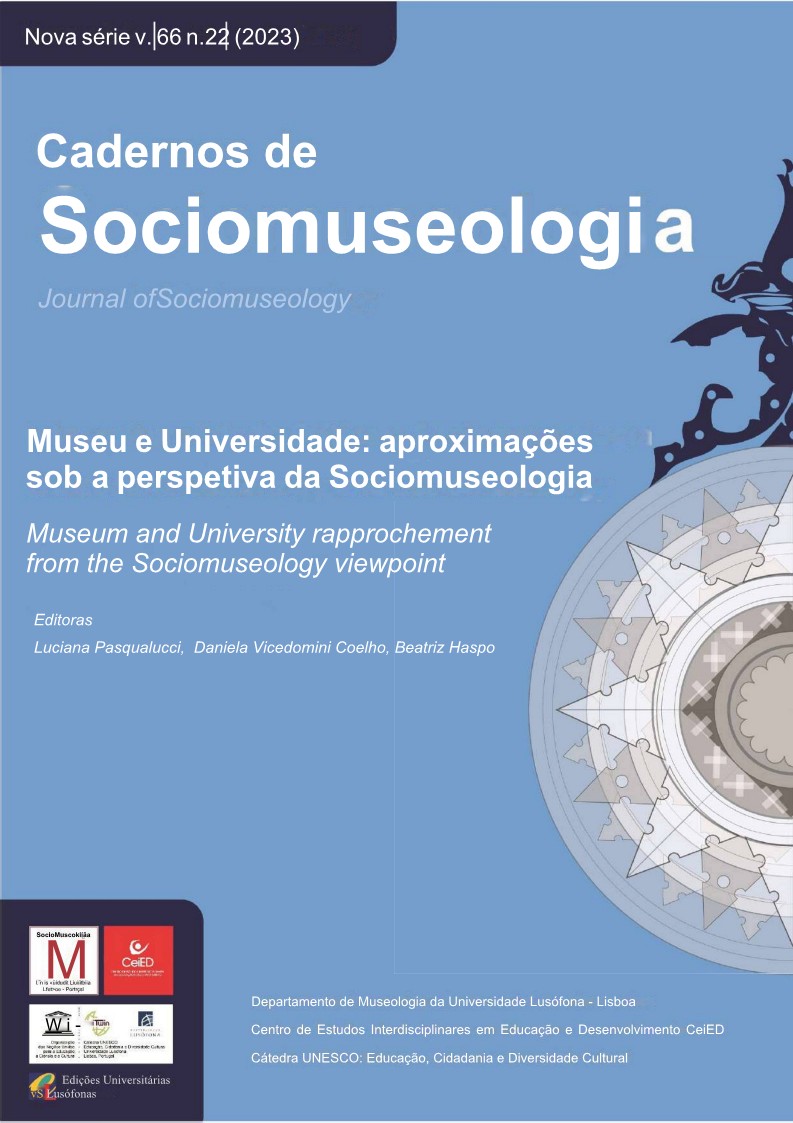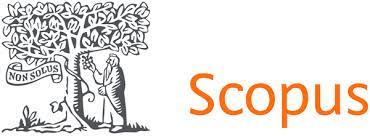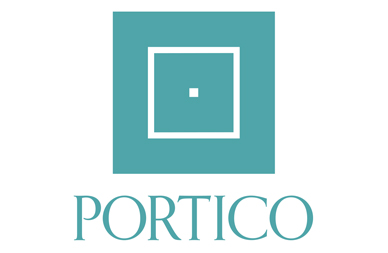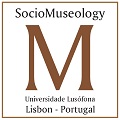Kaapora Chair: non-hegemonic knowledge and knowers at the Federal University of São Paulo
Abstract
This article shares and discusses experiences that have been developed at the Federal University of São Paulo, under the Kaapora Chair of Traditional and Non-Hegemonic Knowledge. Created in 2016 and linked to University's Dean of Extension and Culture, Kaapora works as a platform for dialogue between academic and non-academic worlds. One of its distinguishing features is that it values the leading role of those with non-hegemonic knowledge, being open to their own ways of learning and exchanging. The Kaapora Chair proposes a set of initiatives that combine teaching, research and community outreach, carried out by teachers and students from various courses and campuses, with the support of university staff. We organize courses inside and outside the curriculum, workshops, in-person and remote lectures and debates, short field trips, surveys, artist residencies and publications – both alone or in partnership with other organisations. In this way, it aims to contribute to broadening the intellectual, aesthetic and epistemological horizons of all those involved in its activities and to transforming the university into a “pluriversity”.
Keywords: Kaapora Chair; Federal University of São Paulo; non-hegemonic knowledge; intercultural dialogues; epistemic quotas.
Downloads
Authors retain copyright and grant the journal right of first publication with the work simultaneously licensed under aCreative Commons Attribution License that allows others to share the work with an acknowledgement of the work's authorship and initial publication in this journal.













